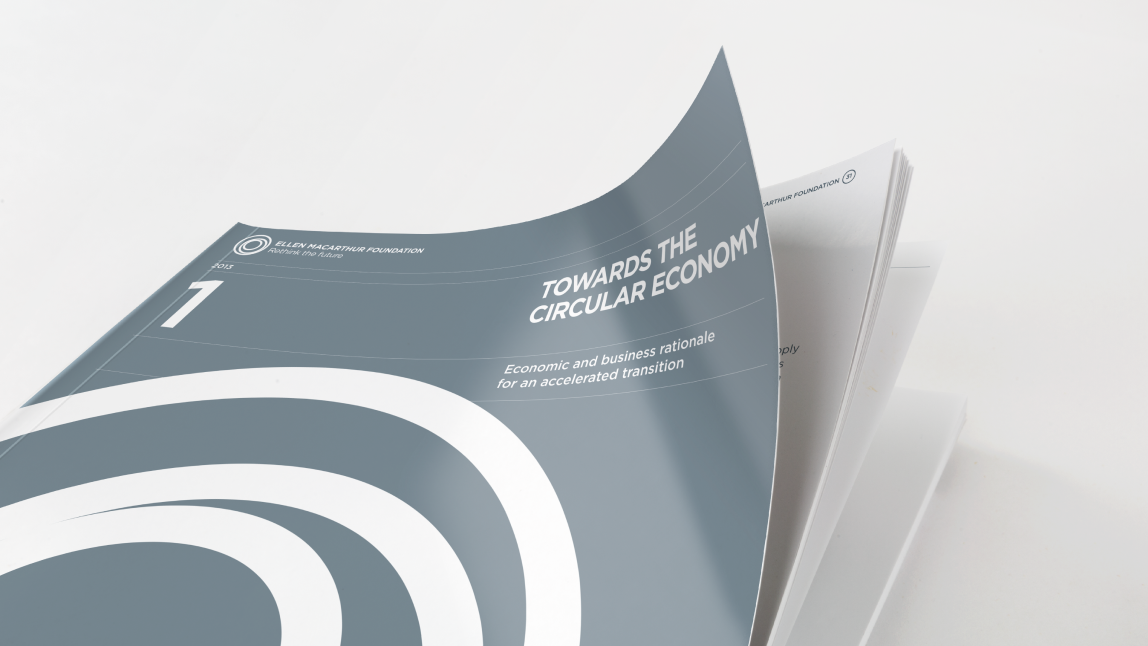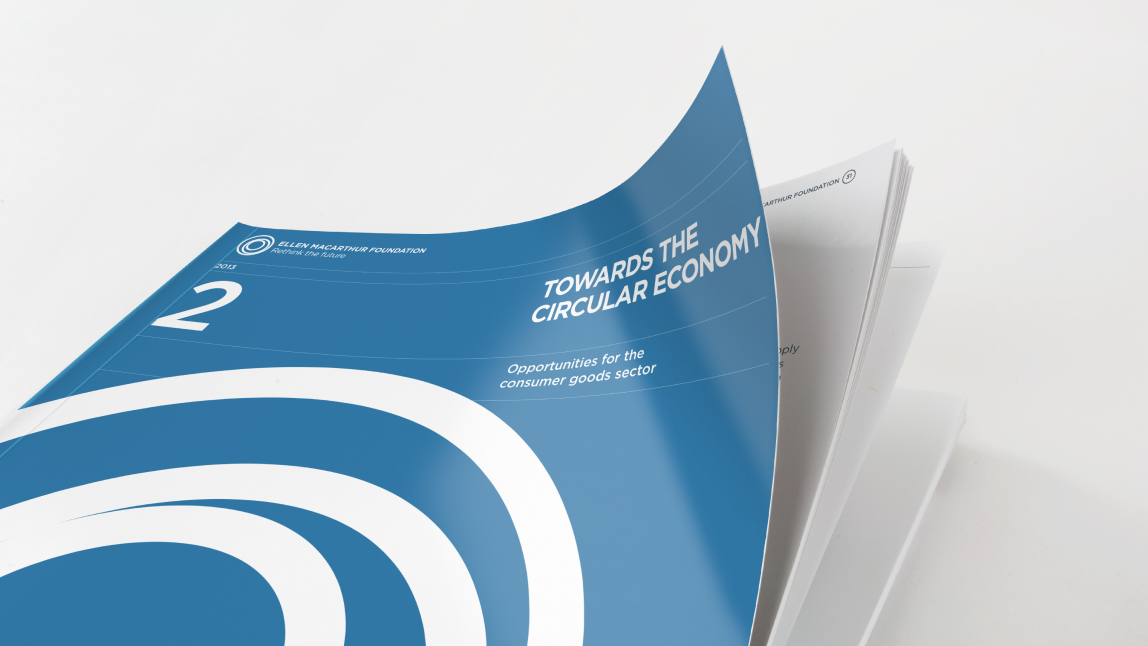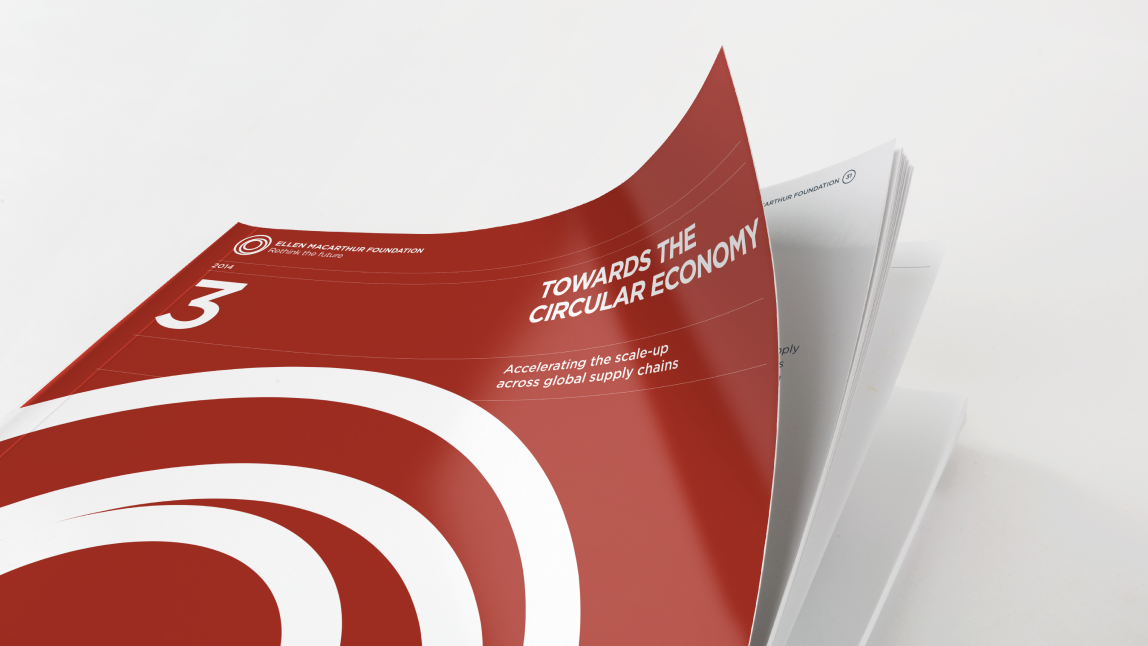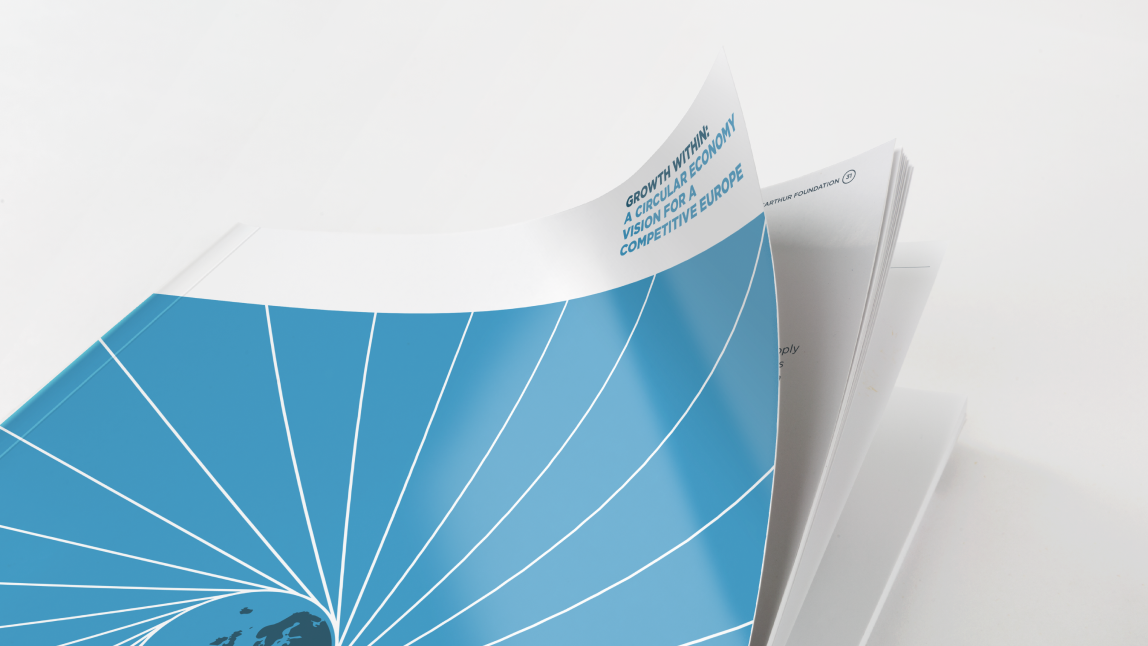This scoping paper focuses on the potential of the significant volume of organic waste flowing through the urban environment.
The aim is to highlight the opportunities to capture value, in the form of the energy, nutrients, and materials embedded in these flows, through the application of circular economycircular economyA systems solution framework that tackles global challenges like climate change, biodiversity loss, waste, and pollution. It is based on three principles, driven by design: eliminate waste and pollution, circulate products and materials (at their highest value), and regenerate nature. principles. Organic waste - from the organic fraction of municipal solid waste streams and wastewater that flows through sewage systems - is traditionally seen as a costly problem in economic and environmental terms. The objective of this scoping paper is to explore the idea that the equation can be reversed by designing more effective recovery and processing systems to turn organic waste into a source of value and contribute to restoring natural capital.
In 2014, The World Economic Forum and the Ellen MacArthur Foundation launched Project MainStream. This multi-industry, global initiative serves as the umbrella for this scoping paper- which presents an initial exploration of the circular economy opportunities for the biocycle economy. The project is led by the chief executive officers of seven global companies: Averda, Tarkett, Royal DSM, Ecolab, Philips, Suez, and Veolia.
Download
Urban Biocycles is available in: English
To quote this study, please use the following reference: Ellen MacArthur Foundation, Urban Biocycles (2017).






